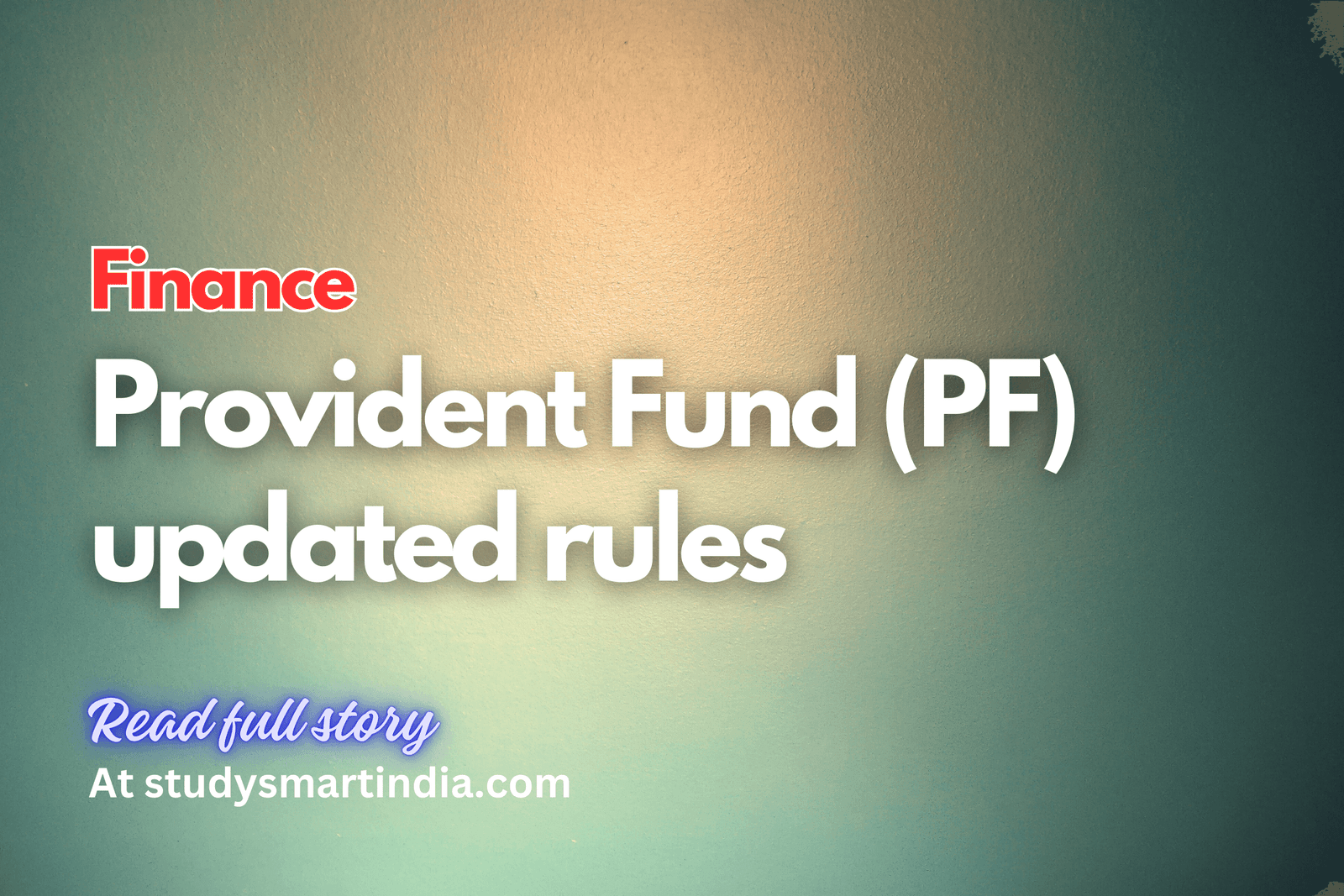The Employees’ Provident Fund Organisation (EPFO) has addressed a longstanding issue affecting millions of private-sector employees by revising its eligibility criteria for Provident Fund (PF) benefits. The updated rules aim to enhance financial security and simplify processes for workers. This article outlines the changes and their implications.
What changed
1. Increased Basic Salary Eligibility Threshold
The EPFO has increased the minimum basic salary required for PF eligibility from ₹15,000 to ₹21,000. With this change, employees earning a basic salary up to ₹21,000 can now avail themselves of PF benefits. This adjustment broadens the coverage of the PF scheme, ensuring that more workers in the private sector enjoy long-term savings and financial security.
- Why It Matters
Earlier, a substantial number of workers in the lower and middle-income group were left out of the PF scheme as the cap was on the salary. With the new increase, the government has taken a huge leap towards its target of full social security for the Indian working class.
- Benefits of the New Salary Capping
The new salary capping will bring in the following benefits for the workers:
Better Pension: The more one pays, the better one saves for old age.
Improved Financial Security: Workers can rely on their PF accounts for emergencies and future needs.
Increased Employer Contributions: Employers will now contribute more to employees’ PF accounts, ensuring mutual advantages.
- Positive Response from Workers
This decision has been met with enthusiasm by employees, creating a sense of inclusivity in India’s social security framework. The change reflects the government’s commitment to enhancing labor welfare and improving the quality of life for private-sector workers.
- What Lies Ahead
This revised PF threshold is expected to encourage organizations to follow such policies, which would lead to a fairer work environment. With EPFO’s further refinement of policies, this step would further strengthen the financial foundation of employees.
Other Reforms by EPFO
Auto-Settlement for Certain Claims
The EPFO has introduced an auto-settlement feature for housing claims (Rule 68B), education and marriage claims (Rule 68K), and medical conditions claims (Rule 68J). Claims of up to ₹1 lakh are now processed automatically. Delays are reduced to nil, and human intervention is done away with.
Faster Settlement of Claims
To speed up the settlement of claims, a multi-location claim settlement system has been implemented. It ensures that workloads are distributed equitably among regions, thereby reducing delays and enhancing productivity across the nation.
Relaxation for Death Claims
In case of Aadhaar details being incomplete or incorrect, the physical claims are now accepted with proper verification. This is a temporary relief measure in order to minimize delays in disbursing payments to the families of deceased employees.
Simplified Online Claim Process
The online claim now accepts scanned images of cheque leaves or bank passbooks instead of uploading the original, and rejections due to claims have reduced, subject to Aadhaar and bank KYC verification.
Taxability Rules on PF Contributions
- Employee’s Contribution
12% of Basic Salary + DA: Deductible under Section 80C of the Income Tax Act.
Interest Earned: Not taxable. - Up to 12% of Basic Salary + DA: Nil.
Interest Earned: Nil.
Interest on EPF Contributions
Before FY 2021-22: Entirely tax-exempt.
From FY 2021-22 Onwards:
Interest on contributions up to ₹2.5 lakh: Tax-free.
Interest on contributions above ₹2.5 lakh: Taxable.
Withdrawal Taxation
Less than 5 Years of Service: Taxed at 10% TDS.
More than 5 Years of Service: Exempt under Section 10(10A) of the Income Tax Act.
Important Considerations
VPF: Interest on contributions above ₹2.5 lakh is taxable.
Public Provident Fund (PPF): All the contribution and interest earned are tax-free.
PAN Linking: It reduces TDS rates.
Employer Contributions: Ensure that your employer pays the right amount.
To know more, please seek advice from a tax consultant or visit the official Income Tax Department website for the latest updates.
This is an important landmark in ensuring that India’s private sector employee enjoys security in his or her financial life.



Average Rating